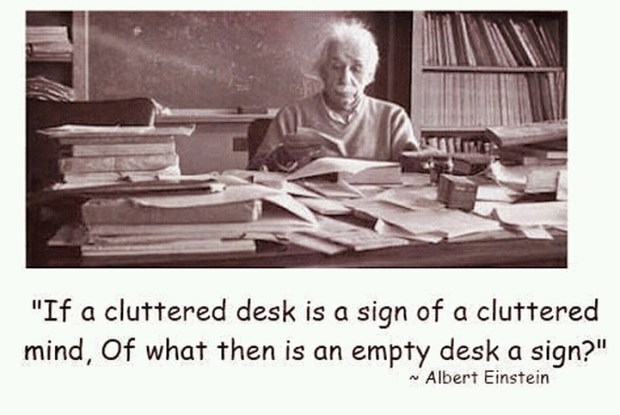Dear Father,
Firstly, I have to thank you…for you made me the man I am today.
But…I refuse to forsake all my positive aspects to you whilst I burden the negative.
For this is what you desire, the way your mind exists encompasses a “black and white” understanding of the world, a world where my qualities are distinguished by the superior belonging to you, whilst the inferior belongs to the lack of you, or rather… me. A world that I believed for so long and one that made me despise myself.
It is the lack of you that made me the man I am today, along with your presence.
I am grateful for the restaurant dinners once in a while, the fact that I did not have a hungry childhood, that I had warmth, shelter…games to play with. I am grateful for your presence, even though it was mainly just physical.
I am grateful that your constant criticism motivated me to get into university and the self criticism that persisted produced my degree. Here, I struggle, for it is true that without it would I have become “successful”? My success comes from self doubt, a lack of self worth, a preference to suicide if I was not to succeed, my fear so strong that I lived my life believing I was followed by cameras, watching and criticising my every room, till I was perfect. Yet, without you, it is true, maybe I wouldn’t continue to strive for an unattainable moment of success…as for me, I am incapable of believing anything other than I will never be good enough.
I am grateful also, that you were present but distant. That you were never truly reachable. That any attempt to communicate with you led to criticism, anger or months of silence. It was this that fuelled my curiosity into you. I wondered for years who you are, what made you the way you are, how you were bought up…did you have it tough? Was that what it was? I’m not sure if you knew, but the reason why I used to ask you to walk down the street with me was not because I needed your advice. It was that I wanted to understand you. It was my inquisitiveness of you that led to my interest in psychiatry. It was the question of whether you were Aspergers or Narcissistic, the difficulties of a fit in the box diagnostic approach and the question of whether you are mad or bad or both…this was my childhood dilemma.
I still now, look forward to your invitation to dinner. For it is the brief moment that I can pretend that I am loved by you. Please continue to invite me.
Finally, I am sorry that I will always be angry with you. These are wounds from childhood…the ignored, voiceless, inner child. As a result, it becomes too painful to attend my girlfriend’s family events, because I shed a tear if I see a father play with a ball with his son. She will never understand.
Yes, it is likely that I will always remain angry with you but it has lessened over time. I have come to learn that you are who you are because you too are like me. You did not have a father when you grew up. You did not get to play, but you had it worse. You did not have the nice dinners, the money or the games to sit in your room and play with. You were raised without money. In your anger, you swore to yourself that you would raise your children better and you thought that money is love, for you had no experience of money…nor of love.
I understand this now, for I too now ultimately want to raise my children as a father who loves them, to heal what I didn’t get from you. I wonder what my children will grow up being angry at me for…it may be something that I am unaware of too.
I don’t want to be bitter, father. Or live my life in anger. It is not something that you would notice regardless, but it wouldn’t benefit me…or my future. Building the blocks of self worth on a poor foundation is painstakingly long, with relapses not uncommon, but from believing one is nothing, one can only go upwards. The utmost goal is not that of richness or “success” or other vices to stabilise an insecure ego through narcissistic grandiosity, it is instead that of wholeness and integrity.





